Interview with Karen Evans
The Black Women Playwrights’ Group is a DC-based service and advocacy group with national reach. Their ongoing national projects include the BWPG Cyber-Narrative Project and 12Tweets@12Noon.
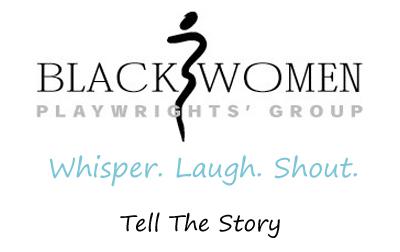
Jason: How did the Black Women Playwrights’ Group begin?
Karen: In 1989 at Arena Stage there was a two-hour symposium on African-American women playwrights. There were fourteen panelists, and three were Black women playwrights. And everybody talked about the scene for Black women playwrights—who weren’t Black women playwrights—and the three of us were sitting down there at the very end. By the time they got to us we had five minutes. So I used my one-and-a-half minutes to say, “We really need to know who we are, and we need to support each other, so please give me your address before you leave.” We met the next month and we are continuing to support each other.
Jason: Although you began as a service organization, you’ve been transitioning into producing work. Can you talk about that?
Karen: Well, frankly, we do it hesitantly. Because I personally don’t like producing, and I think the world of producing and the world of writing a play are really not related. Often when you go into a production, even the dramaturgy you do in the course of the production is shadowed by the demands of a production.
For instance, Sherry Shephard-Massat did Starving at Woolly Mammoth in the inaugural season of their new space [in 2005]. And Sherry does not have a dramaturg she works with consistently; she actually depends on the dramaturgs at the theater. And a little voice in the back of my head said, “That’s not good,” because the influence of taking a new play and shaping it to fit a particular theater and a particular cast can color the play in ways that it would not have ordinarily been colored.
Sherry came in with Starving and within three weeks she had cut fifty pages out of that script. Fifty pages. When you’re cutting that much, you make cuts to create a narrative that fits the two-and-a-half-hour grid. And when you cut to fit that grid rather than cut to tell the original story—I think that might be a different play than the one that ends up on stage.
Jason: So rather than shaping the story to the needs of the producing organization, you help the playwright shape the story to what she wants to tell?
Karen: Right, and with any good luck, the story will attract the producing organization, and it will have enough of a spine that it will survive anything when it gets produced. Every producing situation is totally different, but whatever the intent of the playwright, it should be strong enough to survive everyone’s take on that original idea.
The other thing that I’m a big proponent of is long-term dramaturgical relationships, which also is not a very popular thing to say because every major regional theater has its own dramaturg. But if you look at a writer’s career in the long term, they probably need several really close long-term relationships with scholars and dramaturgs that they really trust in order to get their plays fully to where they should be.
...the other advantage of long-term dramaturgical relationships is that they just call you on your crap.
And also the other advantage of long-term dramaturgical relationships is that they just call you on your crap. They’ll say to you, “Hey! You wrote that two years ago. And, you know, it’s the same story, and you’re not telling me anything new about it.”
Jason: Who are the dramaturgs for the Black Women’s Playwrights’ Group?
Karen: I’m sort of the head dramaturg, but the group actually serves them. Because we’ve been around for so long the nature and the tone is very honest. The feedback playwrights get from the members—that’s the center of our monthly meetings. People bring their work in, and they share it. And people tell you, “Well that absolutely doesn’t work,” or, “Gosh, I love that,” or whatever, but they say it in perfectly constructive ways. They’re very honest, and they take the long view.
And you know what? There’s something here culturally that this makes sense. One of my members, Debbie Minter Jackson, joined a playwrighting class. She wrote this scene, and everybody in this class said, “Oh my god, this scene’s awful! This person is up to no good.” So she sent me the scene, and I said, “This play is great! I totally get what you're talking about.” Her class was majority white. So I just took a different cultural look at it—it was actually what her intent was—and I got it right off.
That’s an example of why we started and why we continue. And the women come and stay. It’s amazing! When we had our national conference, all the other women from other cities said, “We don’t have anything like this. How can we build this?” And I thought, well first thing, you have to care.
The Black Women Playwrights’ Group is the one place where my members come where the first thing somebody asks them is, “What are you doing with that scene you are writing?” Lots of people ask my members all sorts of things in different parts of their lives, and they never get to talk about their writing. Here it’s all about, “Who are you as a writer, and what are you doing? What’s the next step in this?” So that gender, cultural, and racial support and understanding really is critical to why we’ve kept our members and kept growing.


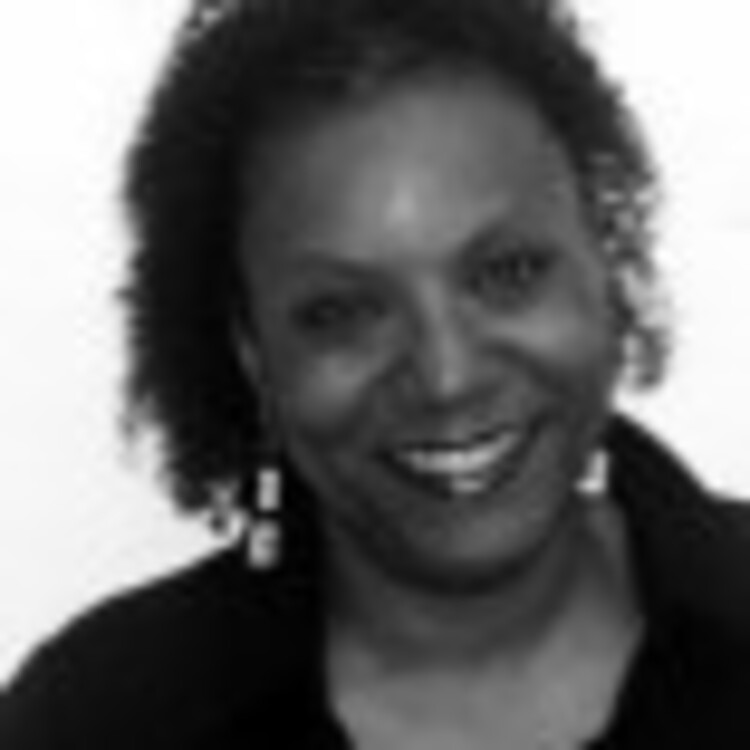
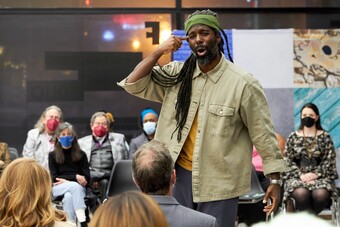




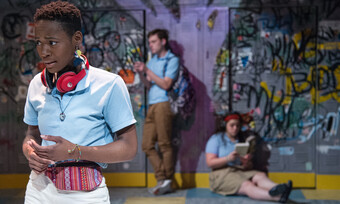


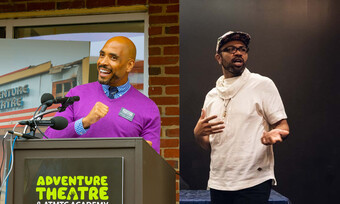
Comments
The article is just the start of the conversation—we want to know what you think about this subject, too! HowlRound is a space for knowledge-sharing, and we welcome spirited, thoughtful, and on-topic dialogue. Find our full comments policy here